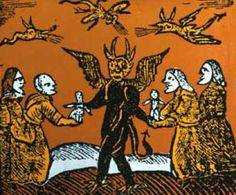
Hi, my name is: Steve.
The name my parents gave me at birth has always been a comfortable fit. Although—unfortunately—a biblical name, by origin it's impeccably pagan. Steven: from the Greek stéfanos, “a wreath (or crown).” Not the kind of wreath that you hang on your door, but the one that you win in a competition.
One of the things that I like about it has always been that, though not a common name, it's familiar enough not to seem weird or be impossible to remember.
That said, if you run into a guy that lives on my block and say: Steve?, you'll stand a good chance of being right. There are four of us here (that I know of). I suppose that statistically it was bound to happen sooner or later. There's me, the guy down at the other end of the block, and the two Stephens next door, one upstairs, one down.
(Responding to the moronic nazz quip “'God' didn't create Adam and Steve, you know,” gay comic David Sedaris pertly retorts: “Of course not! It was Adam and Steven,” alluding to the stereotype that gay men prefer formal forms of their names. I suppose that it encourages people to take us seriously, which can be difficult for gay guys. Adam and Steven: the first gay couple.)
Me, I tend to use Steven in formal situations and Steve in informal. I suppose that makes me bi.
Yes, it's a name I bear like a victor's crown. Although I've had plenty of pagan names over the years—Deer Stands Up and Two Stags F*cking, both gifts, are my two favorites—none of them have ever really stuck. That's OK with me. I don't divide my life into the pagan and the rest. I decided a long time ago that I wanted to be pagan full-time, and that's how I've led my life. It's a decision that I've never had cause to regret, though I wouldn't necessarily recommend it as a career choice.



















